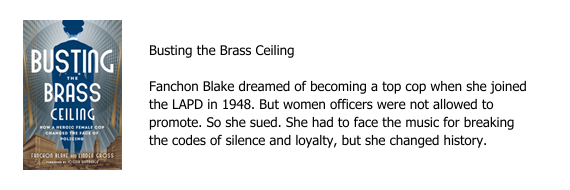My longtime Bear Valley, California friend, Matt Welch, who passed this spring, was an amazing writer with an unparalleled talent for incisive humor. I truly believe that with a little work and plenty of editing, his hilarious book, Tales From the Barside, could have been a publishing success. Unfortunately, his storytelling talents were compromised by equally strong self-loathing and his resulting decades-long alcohol consumption. Despite my words of praise and encouragement, in a drunken fury one night, he burned the sole copy of his typewritten manuscript.
Many writers know that feeling of writing inadequacy, especially when looking at manuscripts we wrote years ago that didn’t go anywhere, or even the first part of a book we’ve just completed. We’ve become better writers, and seeing the flaws in our earlier prose can be downright distressing. Humiliating even. On the other hand, it’s also proof positive of how far we’ve come.
So what to do about all that substandard prose? Clearly, if you’re working on a book, you need to raise the quality of the initial writing to the current writing’s standard. After revising your writing and improving the first part, you’ll want to review the whole thing and raise it up another notch by focusing on active writing, power verbs, getting rid of filler words that don’t add meaning and rob your work of its impact. Will that take several rewrites? Probably. Welcome to being a writer.
So what about those manuscripts that you buried in a closet or deep in your computer file system? Screw up your courage and take a look at what you’ve got, knowing full well that it’s going to have issues. That’s a given. It’s also not the point. Using that past work as a way to flog yourself doesn’t help anything, so spin your perspective and think of this endeavor as a treasure hunt. Instead of focusing on what doesn’t work, start by searching for what does, whether that’s a character, a chapter, a scene, or just an idea. Then decide if the whole thing—or just specific elements—are worth saving. That will dictate your next move.
Whether you wind up with a new writing project, material for a current or future one, or nothing at all, the biggest takeaway is to consider where your journey as a writer has taken you. So, hold on to that and venture forth, no matter what revisiting your writing yields.




















0 Comments